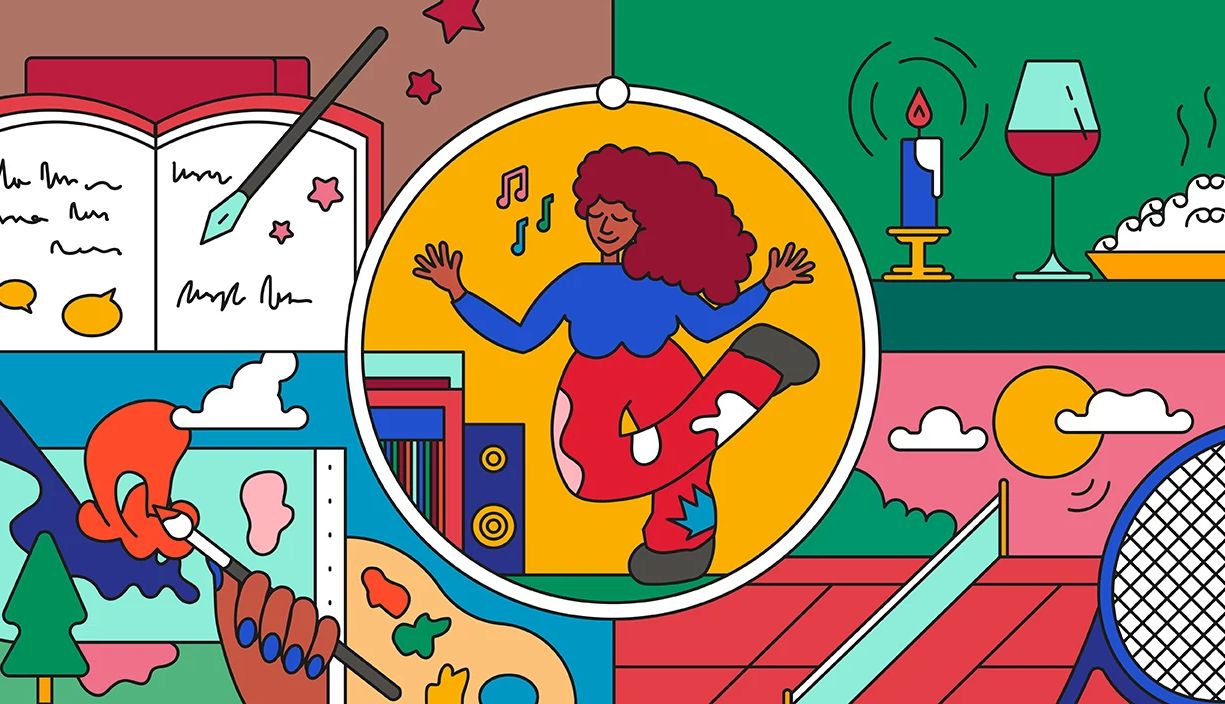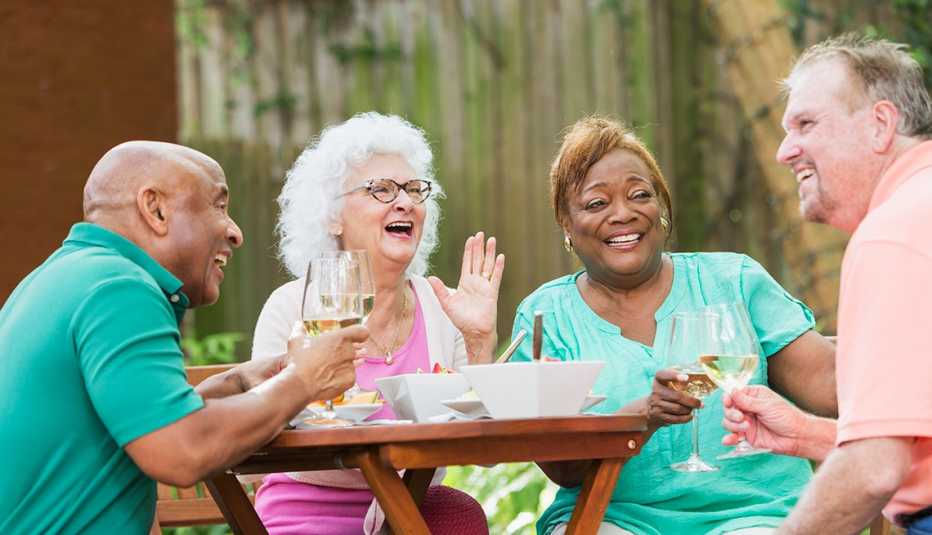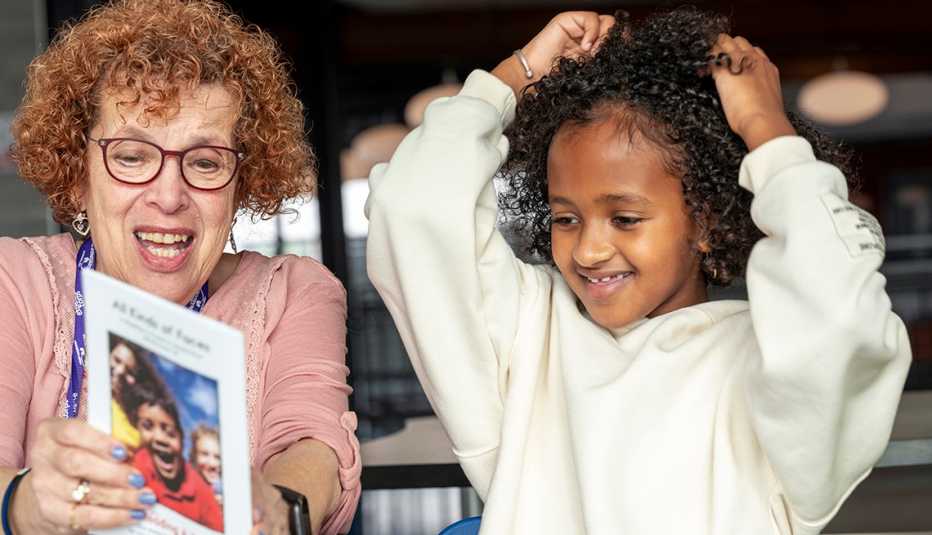AARP Hearing Center


Staying close to family and friends is often vital to aging well and living a long, meaningful life.
People who connect socially are generally healthier, happier and better able to confront whatever obstacles are thrown their way, reports show.
Many potential ways to make connections
Just as you might start an exercise routine to reduce blood pressure, you can create a healthy social life by reaching out to friends, volunteering or joining in-person events. Here are 12 low-cost ideas to strengthen your social connections.
1. Organize a reunion. Reach out on social media or through alumni groups to former school, workplace or summer camp chums who are presumably just as eager to rekindle relationships. Family reunions, large or small, fit the bill, too.
Arrange an in-person reunion if possible, and if people can afford it, maybe even travel to some far-flung destination. If not, FaceTime, Zoom or another video chat app may be your next best option. Follow up with regularly scheduled chats or meetups.
2. Take a trip. Where have you always wanted to go? Now may be the time to take that trip, budget and health permitting.
If you’re into genealogy, perhaps the trip you take is to follow your ancestral roots. You might even discover and meet distant kin living in another country.
Visit and volunteer for your cause
3. Volunteer. Are you passionate about saving the planet, local issues or wildlife? Seek volunteer opportunities at charitable organizations and grassroots events. And if you’re crazy about animals, volunteer at a shelter where you’ll not only be doing good but will also meet like-minded humans. If you love to read, you might volunteer to tutor young students.


Frequent volunteering—up to four hours per week—slows aging, particularly among retired people, according to a 2025 study in Social Science & Medicine.
4. Walk your dog. If you are able, caring for a pet will not only provide loving companionship at home but will also afford you the chance to meet other people who adore their own furry family members. You’ll almost certainly encounter fellow pet owners when walking your dog.
5. Visit a house of worship. Even if you aren't particularly religious, joining a church or synagogue provides a solid sense of community. Participating in social events, after-service coffee hours and volunteer opportunities gives you a chance to connect.
6. Seek intergenerational connections. Young and old can learn from one another. The AARP Foundation’s Experience Corps can help you make a one-on-one connection in your community. In 20 cities across the country, volunteers 50 and older help young readers become great readers.
Expand your circle
7. Talk to strangers. Never mind that you were long ago taught not to talk to strangers.







































































More From AARP
How to Conquer Loneliness Without Technology
Strategies to help you connect in person with others
25 Great Ways to Be a Better Friend
It can be easy to take friendships for granted. Like plants that need water, friendships require nurturing and care to flourish.